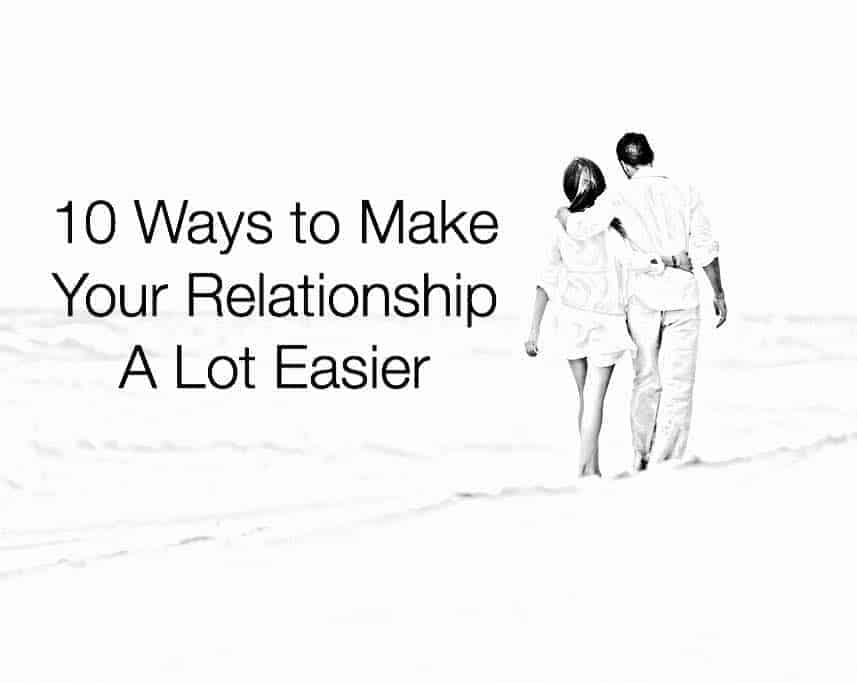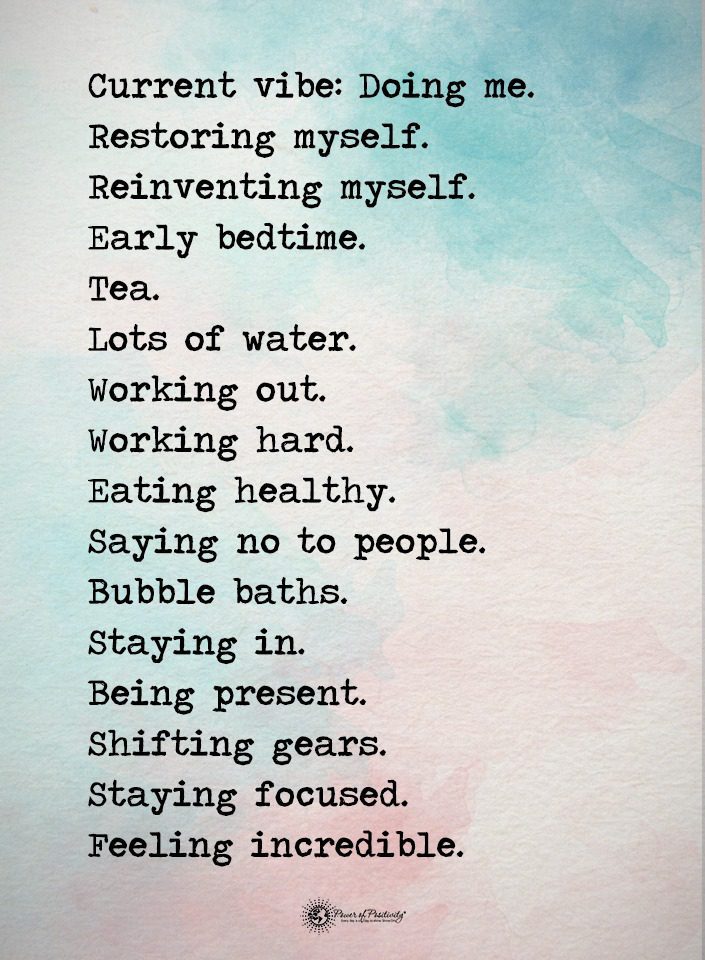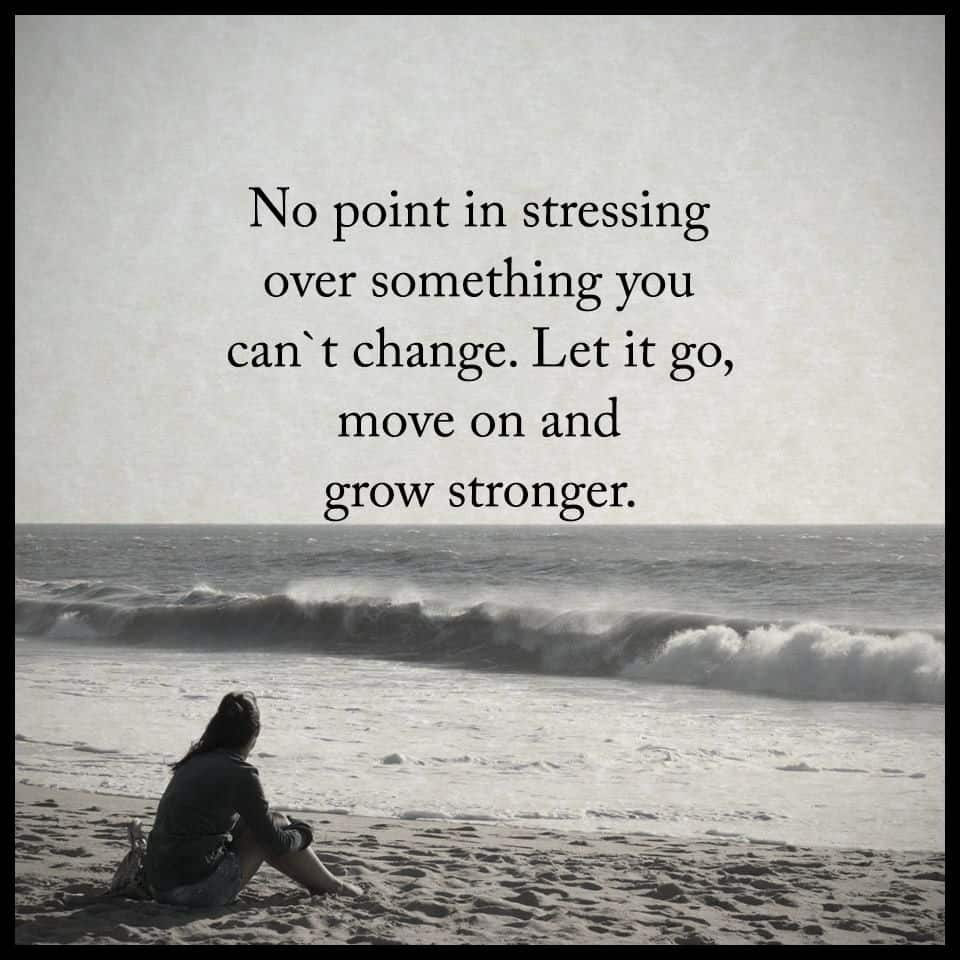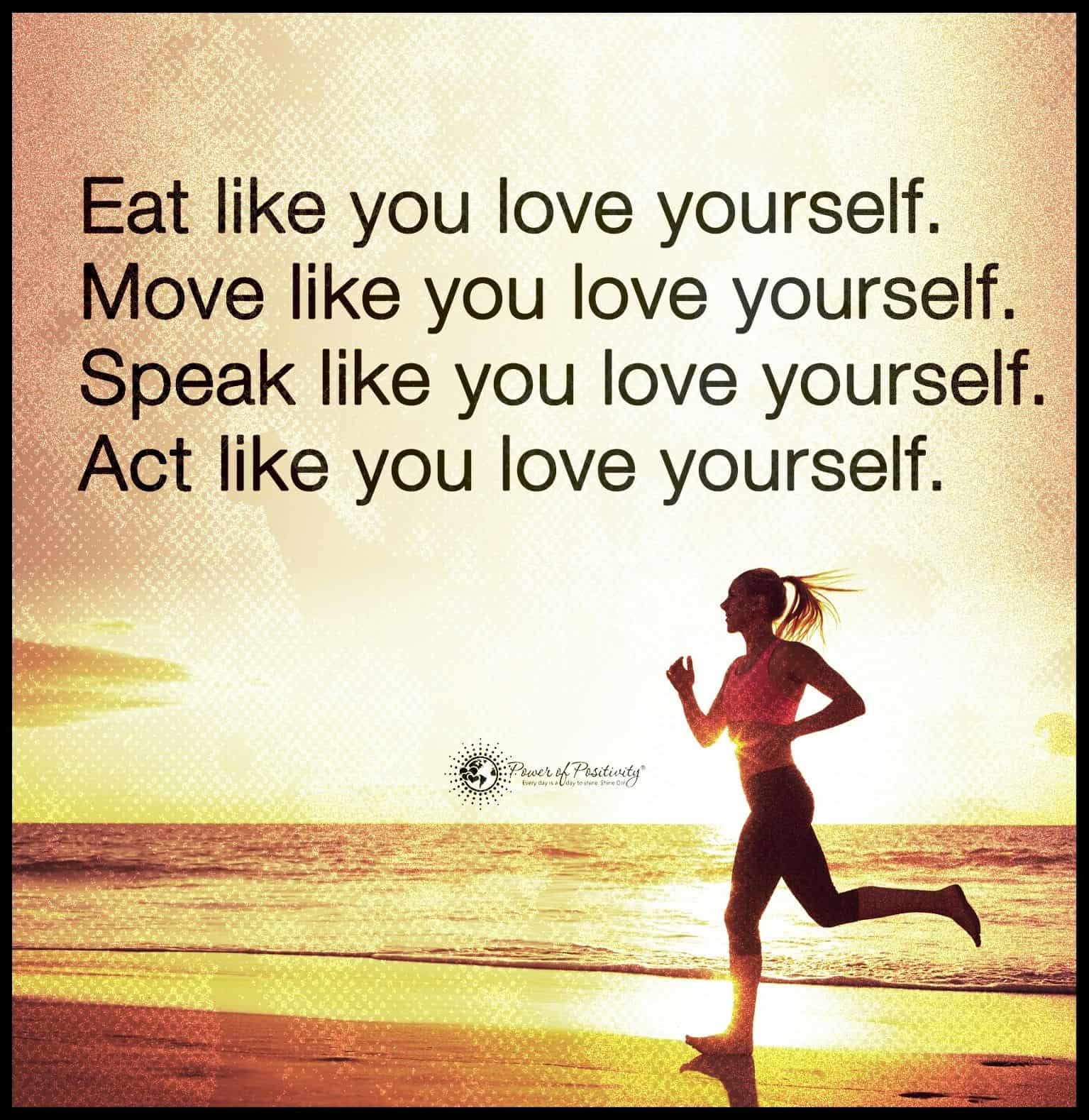There is evidence that hand therapy has been used in China and in Egypt beginning around 4,000 B.C. Western medicine rediscovered the technique of touch point therapy with the help of Dr. William Fitzgerald who called it Zone Therapy. In 1915, an article titled “To Stop That Toothache, Squeeze Your Toe,” brought touch therapy to the public’s attention.
Touching specific pressure points on your hands is essentially a form of reflexology. When you practice reflexology, you stimulate the nerve endings in the hands, which send messages to all parts of the body through the nervous system.
The practice of reflexology is similar to the technique of acupressure, but acupressure is more focused on balancing the energy of the body. According to the theory of acupressure, when you manually press specific points on your hands, you are activating corresponding energy meridian points on your body to stimulate the system to come to balance.
Benefits of Reflexology
Most commonly, reflexology is used for pain relief, but it may have further implications for healing as well. Since this is basically a self-massage technique, it can be an excellent relaxation therapy. It also increases blood circulation to your hands.
Technique
Before you begin, a word of caution. Some people should avoid reflexology due to medical conditions such as blood clots that could be aggravated. Here is a good list of those who should consult with a doctor first.
There are different reflexology charts of the hands: Western, Indian, Korean and Aculife. For the purpose of this article, we will focus on the Western chart.
You may find it helpful to place a folded towel under one hand to help support the hand as you press on it with the fingers of your other hand.
Here are some basic techniques to keep in mind while touching your hands:
* Use the index finger, thumb or both to apply pressure.
* Apply either direct pressure or pressure in a small circular motion over the spot.
* Apply firm pressure for 3 to 5 seconds.
* Begin with your right hand and move to your left only when you have finished working with the pressure points on your right hand.
* Begin with your thumb and then work on your fingers.
Basic Hand Chart
On your hand, the fingers correspond to the head and neck. Working the fingers will help with ailments affecting the head such as headache, toothache, and sinus pain.
The palm of the hand corresponds to your body’s torso. Looking at your palm, the fleshy area at the base of the fingers corresponds to your chest. The center of your palm corresponds to your stomach and liver and the bottom pad near the wrist and up to the base of the pinky finger corresponds to your digestive system.
Here’s What Happens When You Touch These Points On Your Hands
For reflexology self-healing, try these techniques to relieve common ailments:
Constipation
On your index finger, press the finger near the base of the fingernail on the thumb side. This is your lower intestine and colon meridian point.
Sore throat
Hold the thumb at the base joint and rotate it in a large circle. Gently pull and stretch the thumb joint. Repeat and circle the thumb in the other direction. Move up to the upper joint on the thumb and gently twist the joint. Then rotate the upper joint in a circle both directions.
Repeat the process with all fingers. Squeeze the base of each finger and thumb. Repeat for the left hand.
Sinus pain or headache
Squeeze the sides of the tip of the thumb in a pulsing motion, then do the same to the tip of the thumb. Pulse the sides again. Repeat this pattern of side, tip, side pulse pressure for each finger of both hands.
Shoulder pain
Rub the base of the pinky finger on either side of your hand to relieve shoulder tension.
Back pain
According to Deborah Flannigan, certified reflexologist, you can help back pain by pressing the side of the thumb starting at the tip and working down to the wrist. Spend extra time on areas that are sore, but don’t press too hard.
Insomnia
Deborah also suggests that you can alleviate insomnia by pressing the center of your thumbprint for 45 seconds. Repeat this 2-3 times per day.
Low libido
To increase libido, Deborah recommends gently twisting the wrist of each hand twenty times and 2-3 times per day.
New technology has been developed for those seeking the benefits of hand reflexology. You can now purchase a hand massager to touch certain points on your hand rather than doing it yourself. The Breo ipalm520 is one of these devices that is available for purchase. The device uses air pressure to activate the reflexology points on the hands.
For further information and therapy, you can locate a professional accredited reflexologist through the International Institute of Reflexology here.












